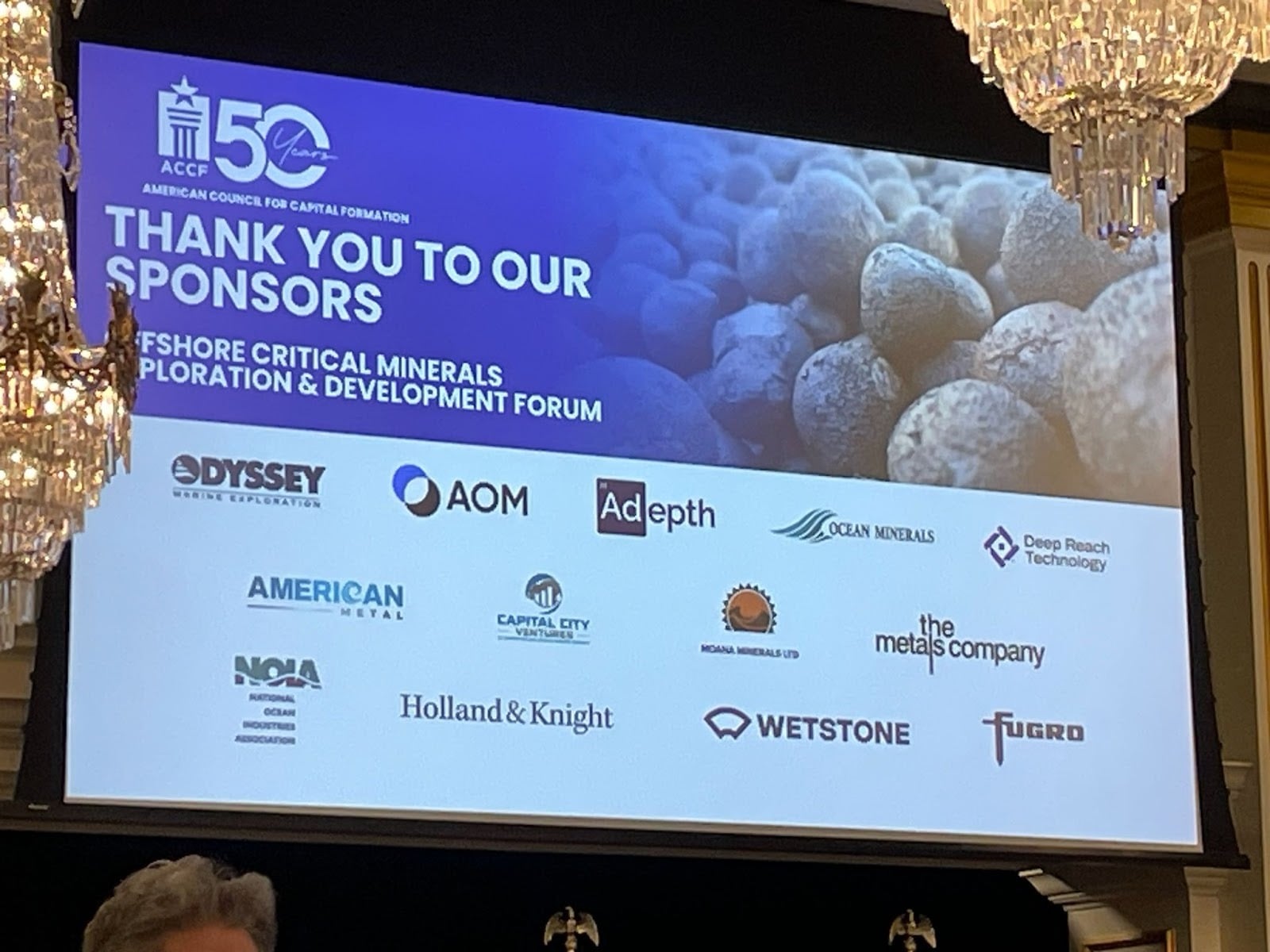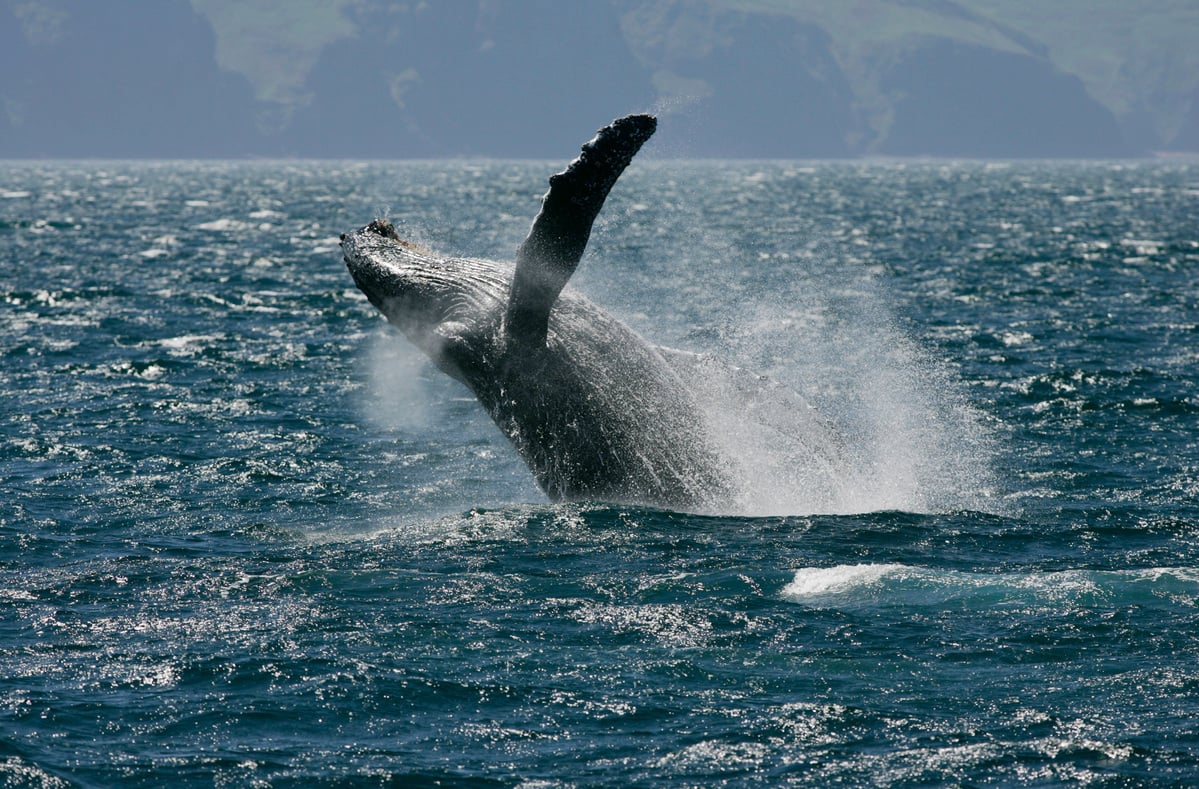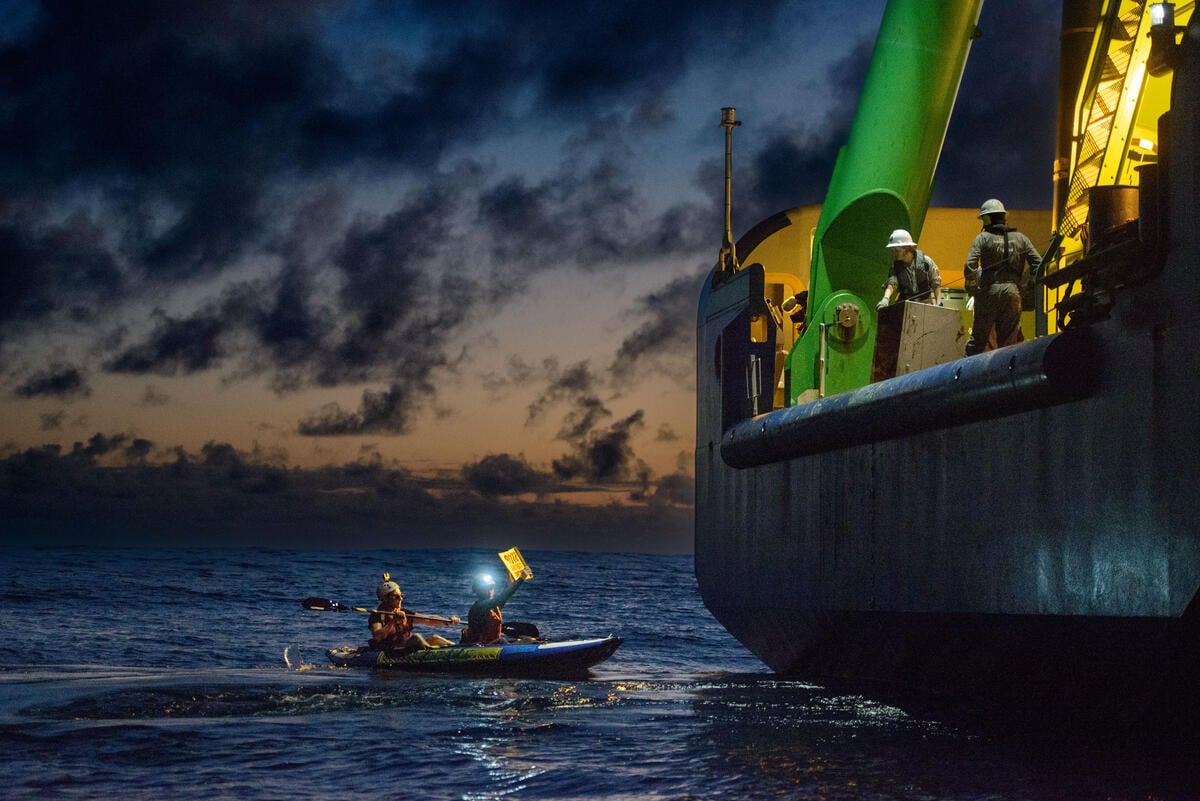
Washington, D.C. (June 13, 2025) — In response to the Department of the Interior’s announcement yesterday of the publication of a Request for Information and Interest to explore the potential for seabed mineral leasing offshore American Samoa, Arlo Hemphill, Greenpeace USA’s Deep Sea Mining Campaign Lead, said: “Greenpeace USA is deeply disappointed that the Department of Interior is considering seabed mineral leasing near American Samoa — a U.S. territory where Indigenous peoples have expressed a desire formoratorium on the industry in these waters. This move disregards the voices of Pacific communities and opens the door to an industry that threatens their environment, culture, and livelihoods.
“The Pacific is not a sacrifice zone. Its people should not be forced to host a destructive industry they’ve clearly rejected. We urge the American public to stand in solidarity with those communities and send a resounding message during the public comment period: the deep sea is not for sale.”
This announcement follows President Trump’s executive order advancing deep sea mining in both U.S. and international waters — a move widely condemned by environmental organizations, Pacific Indigenous leaders, and other nations, including France, China, and the European Commission. Deep sea mining company, Impossible Metals, submitted a request to commence a leasing process for the exploration and potential mining of critical minerals in the deep sea off the coast of American Samoa in April.
Deep sea mining poses irreversible threats to biodiversity, imperils fragile ecosystems, and could have unforeseen impacts on the ocean’s carbon cycle, potentially impacting the climate crisis.
Despite U.S. backpedaling, momentum for ocean protection continues to grow. As of the 2025 UN Ocean Conference, which concluded today in Nice, 37 countries have now publicly supported a moratorium on deep sea mining. There has also been significant progress toward ratifying the Global Ocean Treaty, a key agreement towards the goal of protecting at least 30% of the world’s oceans by 2030 — a critical threshold scientists say is needed to restore marine health and safeguard biodiversity.
To meet this target, protection must extend across both national and international waters. Countries must not only ratify the Global Ocean Treaty, but also take bold domestic action to ban unsustainable extractive industries, such as deep sea mining, and ensure that local and Indigenous communities are at the center of marine conservation planning and decision-making processes.
Contact: Tanya Brooks, Senior Communications Specialist at Greenpeace USA, [email protected]
Greenpeace USA is part of a global network of independent campaigning organizations that use peaceful protest and creative communication to expose global environmental problems and promote solutions that are essential to a green and peaceful future. Greenpeace USA is committed to transforming the country’s unjust social, environmental, and economic systems from the ground up to address the climate crisis, advance racial justice, and build an economy that puts people first. Learn more at www.greenpeace.org/usa.



